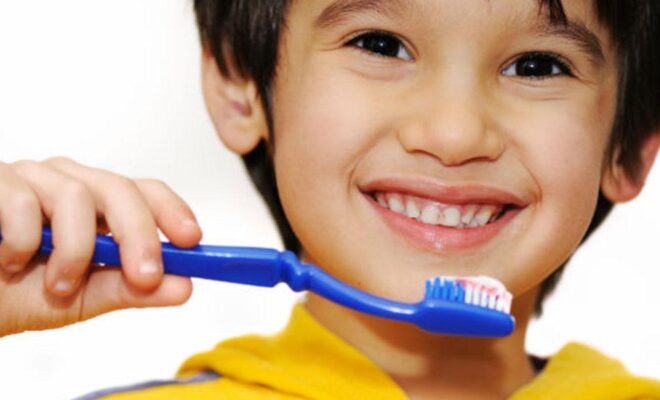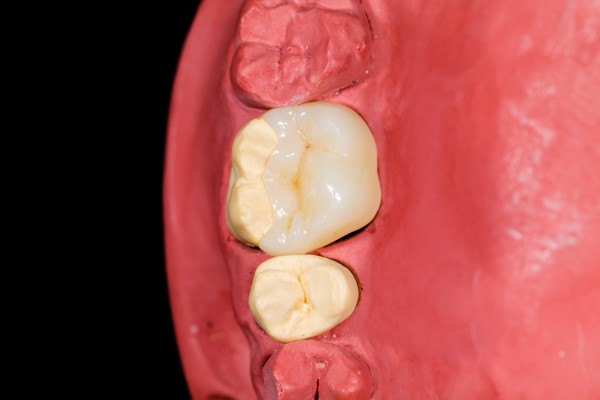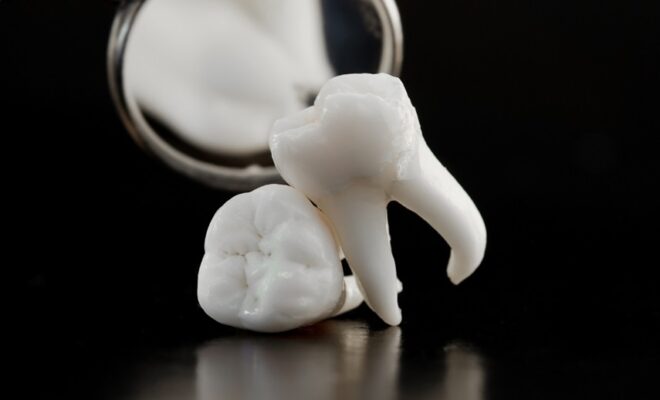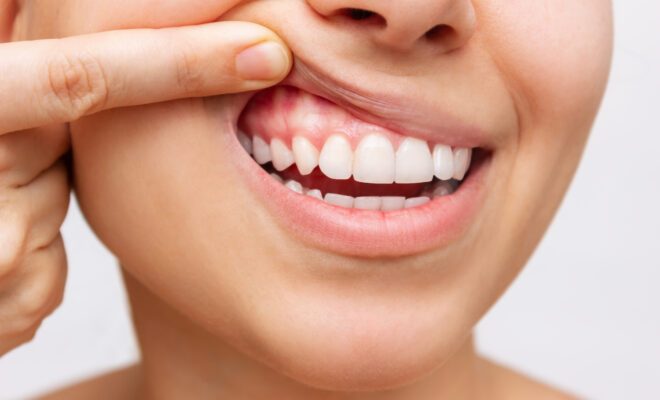Preventing Tooth Decay in Children — Your Complete Guide

It would not come as a surprise if we say tooth decay has been a significant chronic problem among children, yet it is largely preventable.
An early age lays the foundation for the entire life, which makes it really important to establish good dental hygiene habits in children so that they continue throughout their lives and prevent not merely tooth decay but a plethora of other dental problems that arise because of poor dental health.
Even if someone does not see any apparent signs of dental health problems, it is still advised to visit a dental practice in Maryville, TN, regularly because some issues develop over time and do not show any apparent signs in the initial stages but later end up turning into something much more severe and result in significant complications.
In this blog, we are going to explore some practical strategies to prevent tooth decay in children and attain good overall dental health.
Understanding Tooth Decay
Tooth decay happens when the hard outer layer of the teeth, called enamel, is eroded because of the acids produced by bacteria present inside the mouth. Such bacteria feed upon sugars from drinks and foods and produce acids that erode the enamel. Tooth decay often results in pain, cavities, and even tooth loss if left untreated.
Establishing a Dental Care Routine
It is better to establish a proper dental care routine for children that helps maintain good dental health, and we are going to have a look at some.
Start at an Early Age
Dental care must be started with the growth of the first tooth. Parents need to clean the teeth of the infant gently with a baby toothbrush or soft, damp cloth.
Brushing and Flossing
Children must start brushing their teeth with fluoride toothpaste twice a day by the age of two. Parents need to supervise brushing till the child learns to do it properly and thoroughly, typically around the age of six to eight.
When the child develops two teeth that touch, flossing needs to be started to remove any food particles stuck between the teeth, which can potentially cause tooth decay. Flossing reaches places where the toothbrush fails to clean.
The Role of Fluoride
Fluoride-based products are highly recommended by dentists and work great to keep the teeth healthy.
Fluoride Toothpaste
Fluoride provides strength to the enamel, making it harder to decay. For children whose age is less than three years, the fluoride toothpaste must be taken in a tiny amount, about the size of a rice grain. And for children over three, a pea-sized amount would be appropriate.
Fluoride Treatments
Regular dental check-ups often include fluoride treatments. Such treatments utilize concentrated gels, rinses, foams, or varnishes, which a dentist applies to provide extra protection against tooth decay.
Healthy Eating Habits

The diet of a child has a significant influence on overall health, including dental health. It is better to avoid or limit certain foods and drinks that negatively impact dental health.
Limit Sugary Foods and Drinks Intake
When someone consumes sugary foods and drinks frequently, it does increase the risk of tooth decay significantly. Sugar intake must be limited in children, and healthy alternatives need to be promoted, such as fruits, cheese, vegetables, and nuts.
Avoid Sticky Foods
Numerous sticky foods like gummy snacks, dried fruit, and candies cling onto the teeth and are pretty tricky to remove afterward. Such foods provide a food source for bacteria that stay for a long time, maximizing the risk of decay.
Encourage More Water Consumption
Water is undoubtedly the best beverage for the dental health of children. It helps wash away any food particles and minimize acid present in the mouth.
Regular Dental Visits Need to be Established as a Habit!
Regular dental visits must be turned into a habit for children to make sure their dental health remains good throughout the years and prevent numerous dental complications that arise because of some underlying problems.









